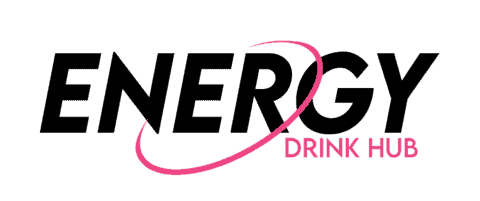Quick Answer: Monster Energy Drink is considered gluten-free.
You won’t find the gluten-free label on a can of Monster. But the company claims all of its energy drinks to be gluten-free. This is a matter of concern for the people who choose to live a gluten-free life, particularly due to having gluten-related health problems.
Rest your head for a while, don’t worry too much. I’m here to shed some light on whether or not Monster is gluten-free.
In this article, we’ll go over every detail, starting from the basics of gluten to clarifying whether Monster Energy Drink is free of gluten or not.
So don’t go anywhere, keep reading!
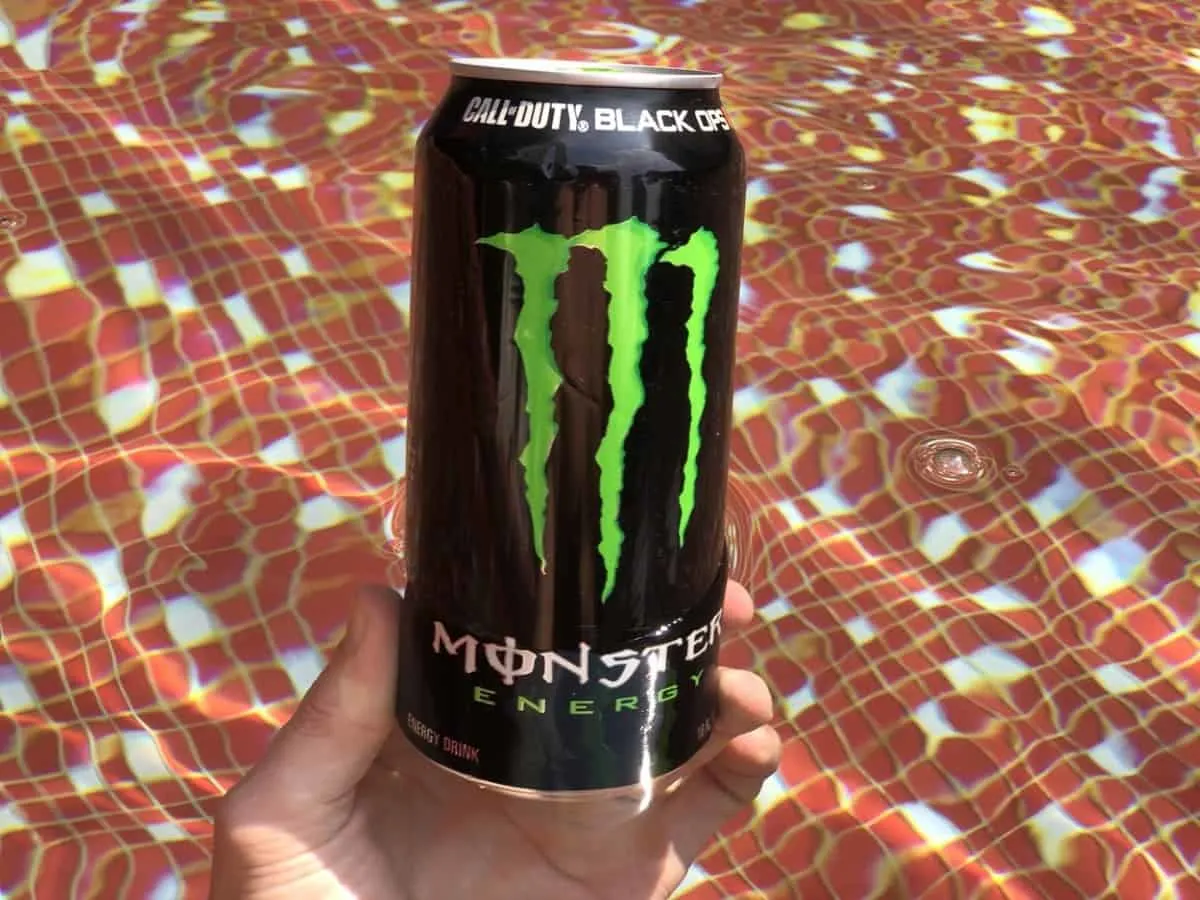
Page Contents
Is a Gluten-Free Diet Worth it?
A gluten-free diet excludes all kinds of food containing rye, wheat, or barley.
But the disadvantage to this is that you might deprive yourself of many essential nutrients.
A review of the literature indicates several nutrient inadequacies associated with a GF (gluten-free) diet. These include B-Vitamins (as wheat is often fortified), vitamin A, magnesium, calcium, iron, and fiber.
Columbia Surgery
Still, you can overcome these nutritional shortages with other options like whole grains, vegetarian diets, vitamin-C enriched diets, and many more. But there’s no need to go through so much trouble if you’re perfectly capable of processing gluten.
With this, I’d say if you don’t have celiac disease, gluten intolerance, or a serious gluten allergy, there is no need to eliminate gluten from your diet.
Although gluten-free diets have been more common in recent years, only a small percentage of people follow such a diet. Most people who go for a gluten-free diet are those diagnosed with celiac disease or gluten allergy.
Let’s now discuss what gluten is and why some people are intolerant of it until we venture into other details.
What is Gluten?
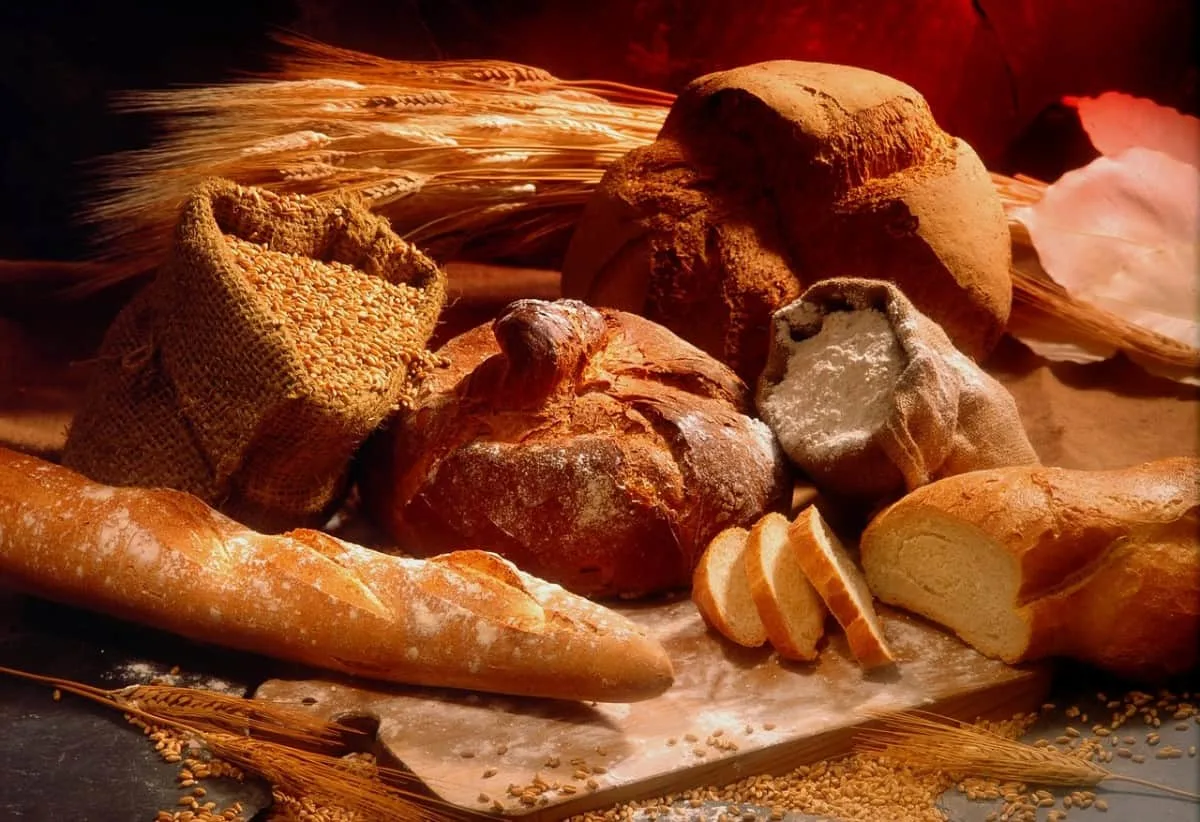
Gluten is a binding protein found in cereal grains such as wheat, barley, and rye. It’s the prime component that gives grain-based foods (like bread) a soft and chewy texture.
If you have gluten intolerance, you can experience a host of symptoms such as bloating, diarrhea, and abdominal pain.
Celiac disease, wheat allergy, and non-celiac gluten sensitivity are some of the health conditions that are related to gluten intolerance.
Let’s see the overview of these conditions.
Celiac Disease
Celiac disease is the most severe form of gluten intolerance, in which patients are absolutely unable to have gluten or gluten-based products.
People with celiac disease have a high risk of developing small intestine damage due to consuming gluten-based foods.
Some of the celiac disease symptoms are:
- depression
- exhaustion
- skin rashes
- headache
- diarrhea
- digestive discomfort
This video might be useful if you’re looking for a comprehensive description of celiac disease.
Wheat Allergy
Wheat allergy patients develop skin and respiratory symptoms after consuming or even coming into contact with wheat or any wheat-based material.
Although other cereal grains like rye or barley have no adverse effects on people with wheat allergies, they are recommended to follow a gluten-free diet since wheat is by far the most common gluten-containing product.
Wheat allergy can result in the following symptoms:
- eczema
- rash
- breathing problems
- weight loss
Non-Celiac Gluten Sensitivity
Gluten sensitivity, also known as non-celiac gluten sensitivity, is a disorder due to which individuals have difficulty digesting gluten and exhibit signs similar to celiac disease.
Despite testing negative for celiac disease, non-celiac individuals are advised to follow a gluten-free diet.
The most frequent symptoms of non-celiac gluten sensitivity are:
- bloating
- exhaustion
- diarrhea
Nutrition Facts of Monster Energy Drink
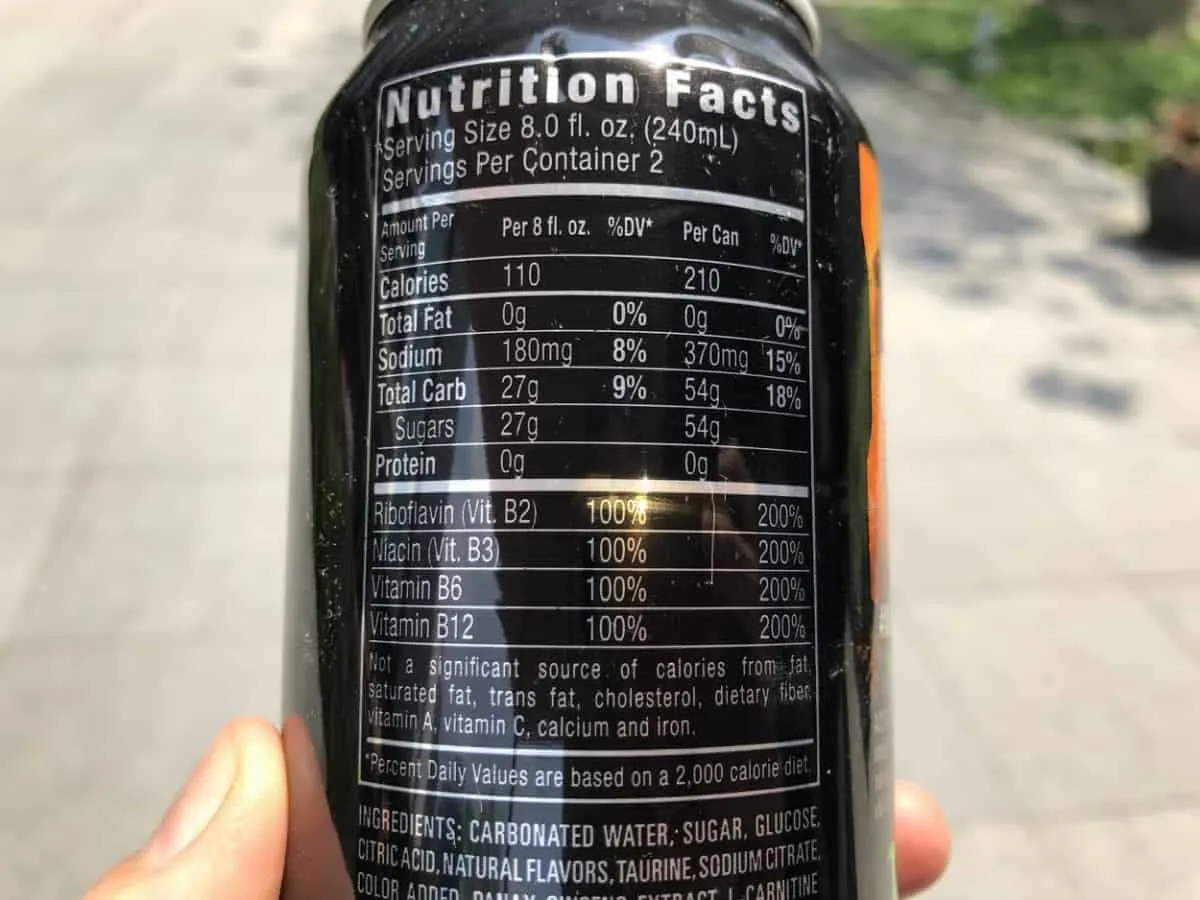
Let’s have a brief look at the nutritional value of Monster Energy Drink to perceive what kind of nutrients you’re getting from it.
| Typical Values (Per 16 fl. oz.) | Monster Energy Drink |
| Energy | 210 calories |
| Fat (Of which Saturated) | 0g (0g) |
| Carbohydrate (Of which Sugars) | 54g (54g) |
| Caffeine | 160mg |
| Protein | 0g |
| Sodium | 370mg |
| Vitamin B2 (Riboflavin) | 3.6mg |
| Vitamin B3 (Niacin) | 46mg |
| Vitamin B6 | 4.6mg |
| Vitamin B12 | 13µg |
To learn more about Monster Energy’s nutrition facts, check out my detailed analysis on this article.
Moving on, let’s check the ingredients of Monster Energy Drink to confirm whether or not there are traces gluten in it.
Ingredients of Monster Energy Drink
A regular 16 fl. oz. can of Monster Energy Drink contain the following ingredients:
- Carbonated Water
- Sugar
- Glucose
- Citric Acid
- Natural Flavours
- Taurine
- Sodium Citrate
- Color Added
- Panax Ginseng Extract
- L-Carnitine L-Tartrate
- Caffeine
- Sorbic Acid
- Benzoic Acid
- Niacinamide
- Sucralose
- Salt
- D-Glucuronolactone
- Inositol
- Guarana Extract
- Vitamin B6
- Vitamin B2
- Maltodextrin
- Cyanocobalamin
As you can see, none of the ingredients in Monster Energy Drink contain gluten or traces of gluten.
However, if you’re still not convinced, let’s analyze the main ingredients of Monster Energy Drink to see if Monster actually contains anything gluten-based.
So, let’s begin.
Is the Caffeine in Monster Energy Drink Gluten-Free?

Caffeine in Monster Energy is absolutely gluten-free as it’s either derived from plants or synthesized in laboratories.
Caffeine is the main energy-boosting ingredient of most energy drinks. And Monster has about 160 mg of caffeine per 16 fl. oz. can.
Caffeine is responsible for a variety of benefits such as improved awareness, response speed, and keeping you awake.
However, the fact that caffeine is gluten-free doesn’t imply that it’s healthy to overconsume it.
Consuming more caffeine than you can tolerate or exceeding the FDA-recommended daily limit can be highly detrimental to your health.
So, it’s always a good idea to limit your intake of caffeinated beverages like Monster Energy Drink.
Is Monster Energy bad for IBS?
Monster Energy drinks, like many other energy drinks, contain high levels of caffeine, artificial sweeteners, and other ingredients that can potentially trigger symptoms in individuals with irritable bowel syndrome (IBS). Caffeine is a known gastrointestinal irritant that can stimulate bowel movements and potentially worsen symptoms in some people with IBS.
Additionally, some artificial sweeteners found in Monster Energy drinks, such as sucralose or aspartame, may also be problematic for individuals with IBS. These sweeteners can have laxative effects or contribute to gastrointestinal discomfort in sensitive individuals.
Does Monster affect your bowels?
Monster Energy drinks, primarily due to their caffeine content, can have an impact on bowel movements for some individuals. Caffeine acts as a stimulant, potentially speeding up transit time through the digestive system and leading to more frequent or looser bowel movements.
However, the effect of Monster Energy drinks on bowel movements can vary among individuals, as people have different sensitivities and tolerances to caffeine. Excessive caffeine intake can also cause gastrointestinal upset, including abdominal pain, bloating, or diarrhea.
Is the Sugar in Monster Energy Drink Gluten-Free?
Monster Energy Drink contains 54 g of added sugar as well as an artificial sweetener- sucralose, none of which is gluten-based.
Natural sugars sourced from plants that contain absolutely no gluten (like sugarcane) and artificial sweeteners are synthesized in laboratories.
Therefore, you don’t have to worry about the sugar of Monster not being gluten-free.
The high sugar content, on the other hand, is something you should be careful about, as it exceeds the daily intake limit.
Excess intake of sugar can have various negative effects on your health.
Therefore, it’s best to save your Monster Energy for when you really need it.
Is Sucralose Gluten-Free?
Sucralose is a gluten-free artificial sweetener obtained through synthetic means. Therefore, it’s totally gluten-free.
However, artificial sweeteners like sucralose and acesulfame potassium can worsen certain digestive symptoms, which you should avoid if you’re gluten intolerant.
Of course, there isn’t a lot of sucralose in Monster. But considering that energy drinks are highly carbonated, you may want to opt for something else if you have stomach sensitivity.
Is Taurine in Monster Energy Gluten-Free?
Taurine is a gluten-free organic amino acid that has no connection to the gluten protein compound found in wheat, barley, or rye products.
It’s a popular energy drink component, which is chemically distinct from gluten.
In terms of what taurine does, research suggests that it could be good for nerve development, as well as heart and brain wellbeing.
Is Maltodextrin in Monster Energy Gluten-Free?
Although Maltodextrin originates from wheat, it is totally gluten-free and is harmless to gluten-sensitive individuals.
If you’re concerned about Maltodextrin’s wheat-based roots, don’t be. Here’s what Coeliac UK tells us.
Maltodextrin is gluten-free. It can be made from a variety of cereal starches including wheat, corn (maize), tapioca, and rice. Despite the name, maltodextrins are not produced from, nor do they contain barley malt. Even when maltodextrin has been made from wheat, the grain is processed to remove the gluten.
Coeliac UK
So if you’re following a gluten-free diet, you can be assured that the maltodextrin in Monster Energy Drink won’t be a problem for you.
Is Monster Energy Gluten-Free?
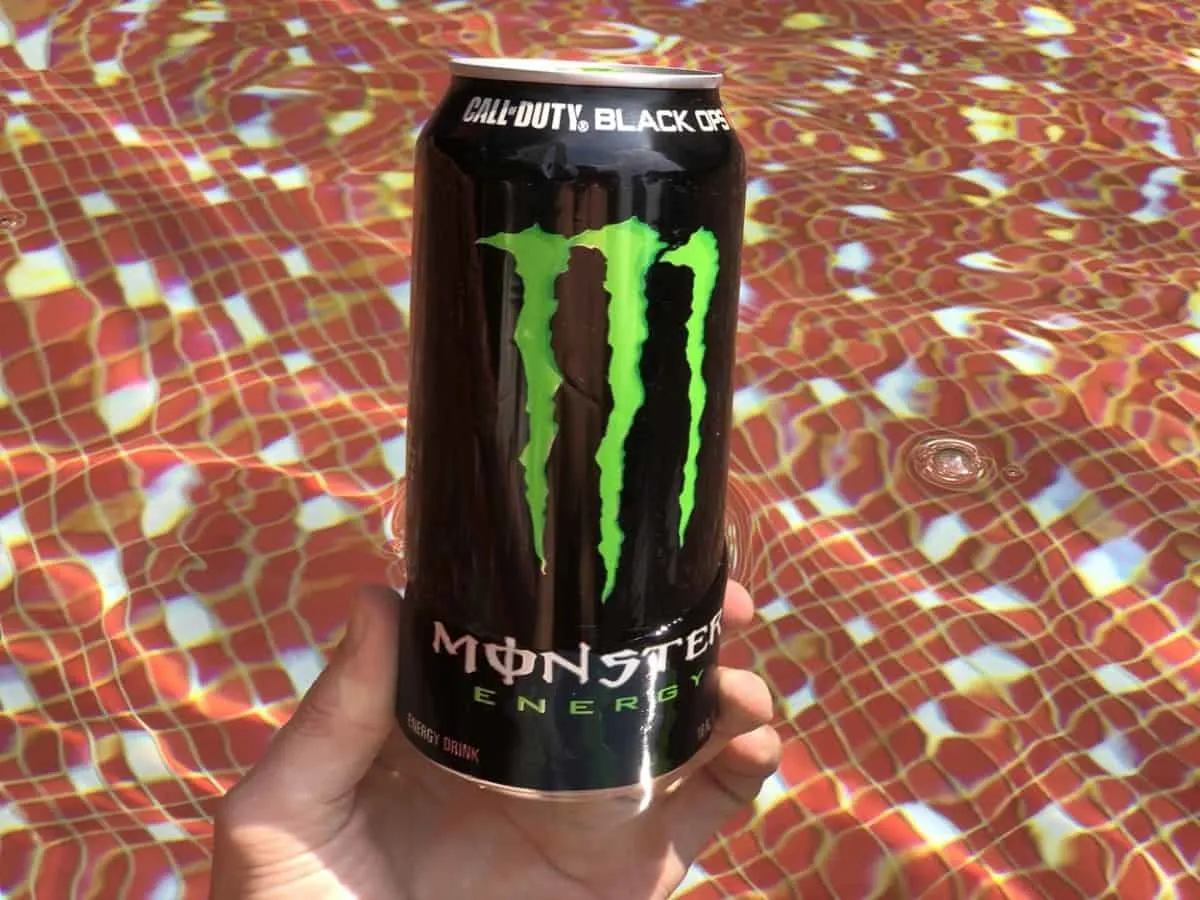
Monster Energy doesn’t seem to have any considerable traces of gluten and is unlikely to be cross-contaminated with gluten-based items.
That being said, I would like to assume that it is safe to include Monster in a gluten-free diet. However, you need to consider the amount of caffeine and sugar in this drink as it can potentially cause harm to your health.
Curious to know if Monster is good or bad for you? Check this article that I’ve written.
Even if you think Monster is gluten-free, it’s best to contact a healthcare professional if you decide to add this energy drink to your diet.
Other Gluten-Free Energy Drinks
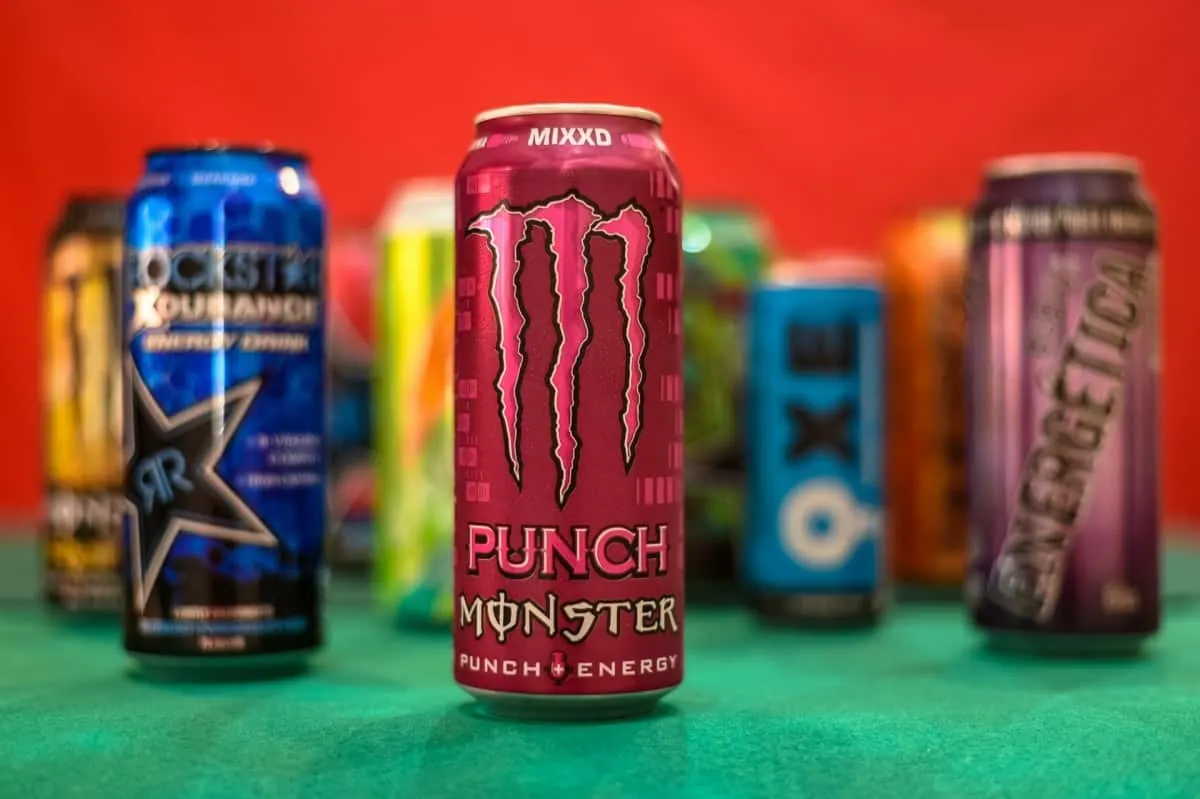
If you like Monster Energy Drink, you might as well try one of these delicious and powerful gluten-free energy drinks:
Monster Energy vs Other Popular Energy Drinks
Take a look at the table below to get a better understanding of the contents of Monster Energy and some other popular energy drinks.
| Energy Drink | Product Size | Added Sugar | Caffeine Content |
| Monster | 16 fl oz | 54 g | 160 mg |
| NOS | 16 fl oz | 54 g | 260 mg |
| AMP | 16 fl oz | 29 g | 142 mg |
| Rockstar | 16 fl oz | 24 g | 160 mg |
| Red Bull | 8.4 fl oz | 27 g | 80 mg |
| Full Throttle | 8 fl oz | 29 g | 72 mg |
| 5-Hour Energy | 1.93 fl oz | 20 g | 200 mg |
The Bottom Line
Monster Energy Drink’s ingredients are totally gluten-free and it doesn’t use any rye, barley, or wheat-based product.
However, before including this energy drink in your gluten-free diet, I’d suggest you take your doctor’s opinion on it, especially if you’re diagnosed with celiac disease or other gluten-related issues.
All in all, I think Monster Energy Drink is a fantastic energy drink that can be safely added to a gluten-free diet.
So, sit back and chill while sipping on your favorite Monster Energy Drink. But do not overindulge!
